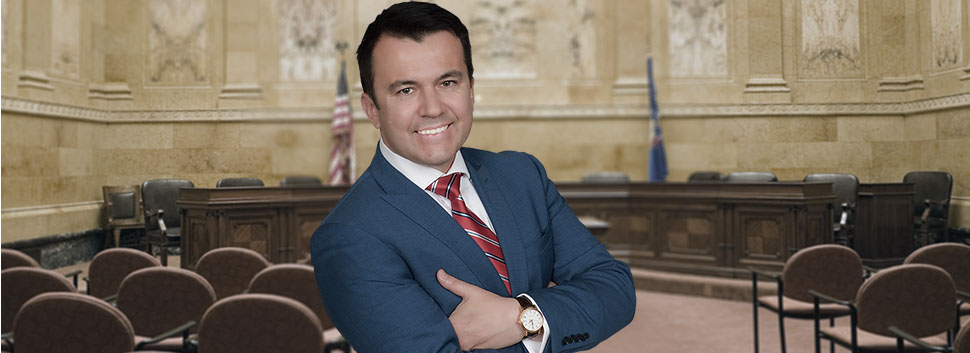O-1 Visa: Individuals with Extraordinary Ability or Achievement
The O-1 visa is a nonimmigrant visa category in the United States designed for individuals with extraordinary ability or achievement in their field. The purpose of the O-1 visa is to allow these exceptional individuals to work temporarily in the U.S., sharing their talents and expertise.
There are two subcategories of the O-1 visa:
- O-1A visa: This visa is for individuals with extraordinary ability in the sciences, education, business, or athletics. To qualify for the O-1A visa, applicants must demonstrate their extraordinary ability by providing evidence of sustained national or international acclaim and recognition in their field.
- O-1B visa: This visa is for individuals with extraordinary ability in the arts, motion pictures, or television industry. To qualify for the O-1B visa, applicants must show a high level of achievement or distinction in their field, as evidenced by a degree of skill and recognition significantly above that ordinarily encountered.
To be eligible for an O-1 visa, applicants must meet at least three of the criteria specified by the United States Citizenship and Immigration Services (USCIS) for their respective subcategory (O-1A or O-1B). Additionally, applicants must have a U.S. employer or agent to petition on their behalf, and they must provide a written advisory opinion from a relevant peer group or labor organization.
The O-1 visa is initially granted for up to three years and can be extended in one-year increments as long as the individual continues to work in their area of extraordinary ability or achievement. There is no limit to the number of extensions an O-1 visa holder can obtain, making it a flexible option for those who qualify.








